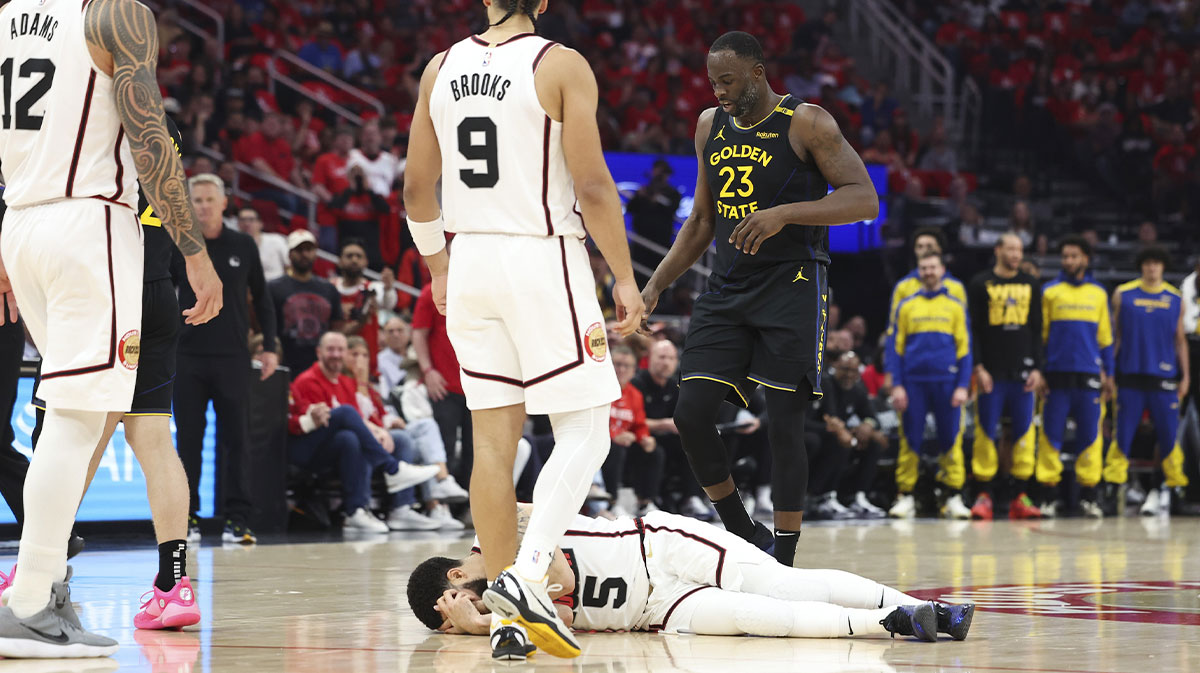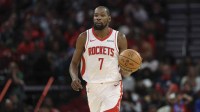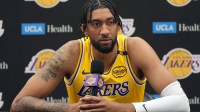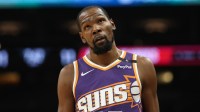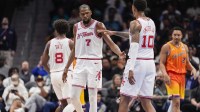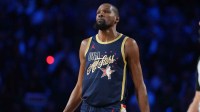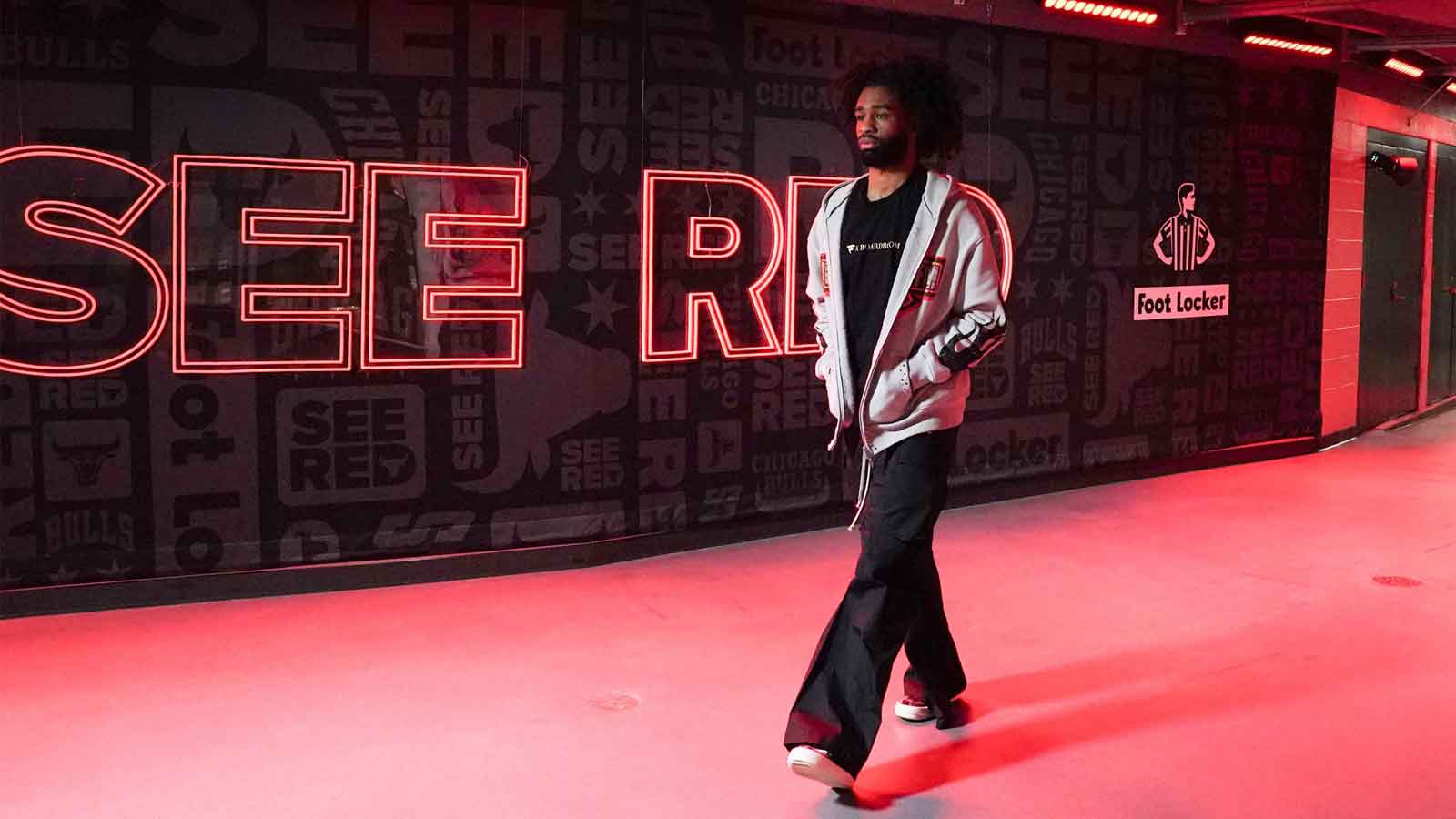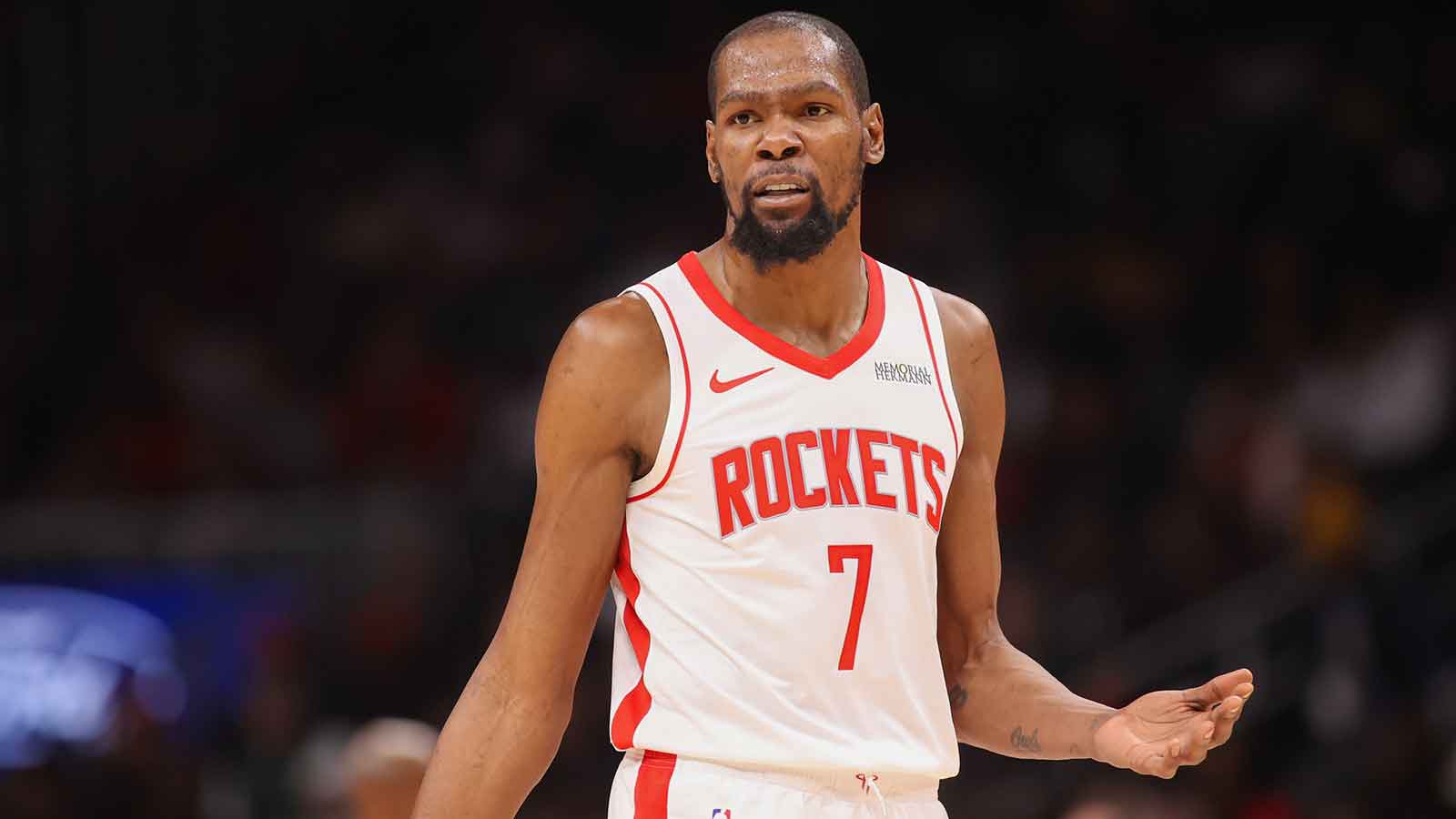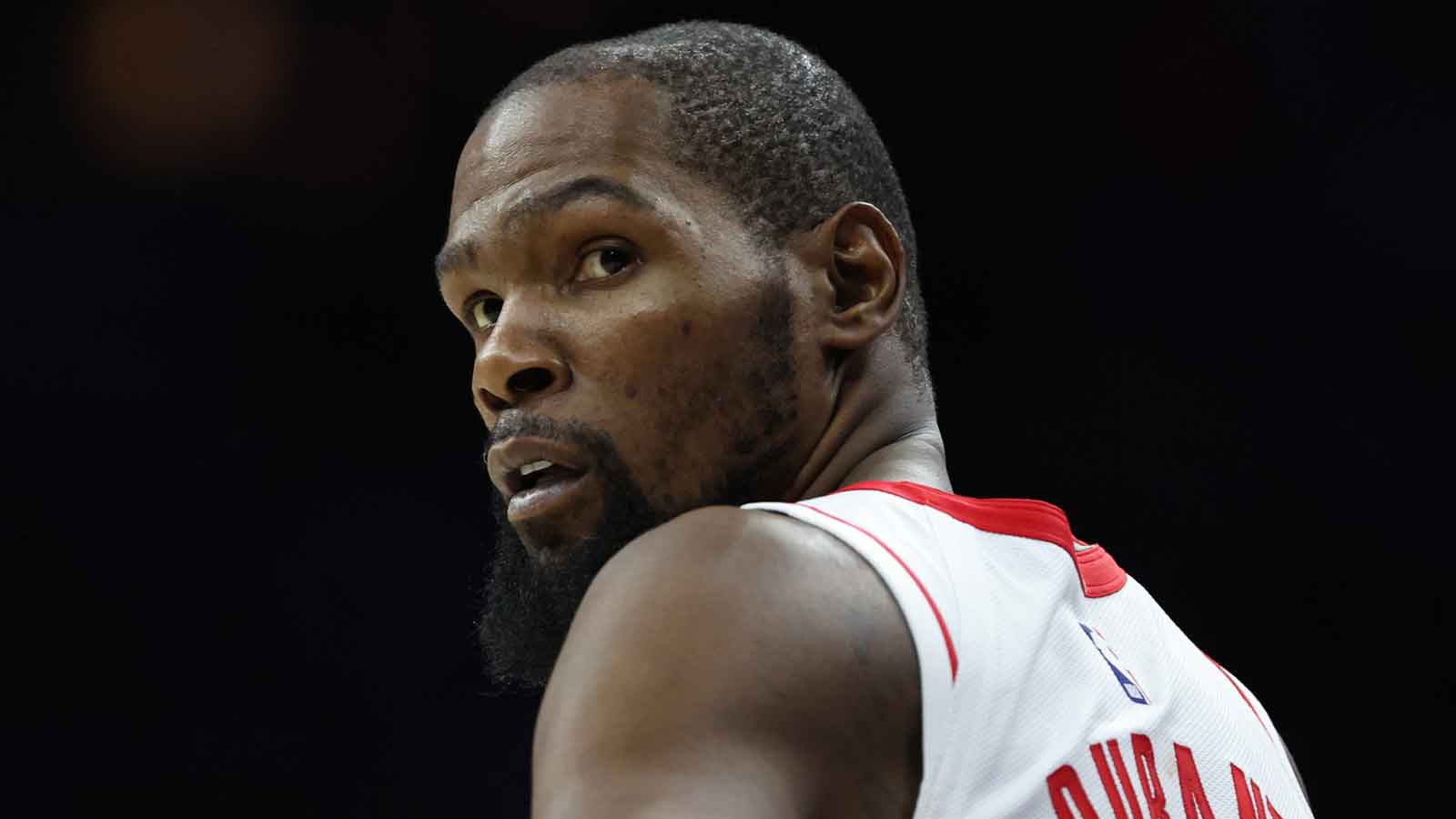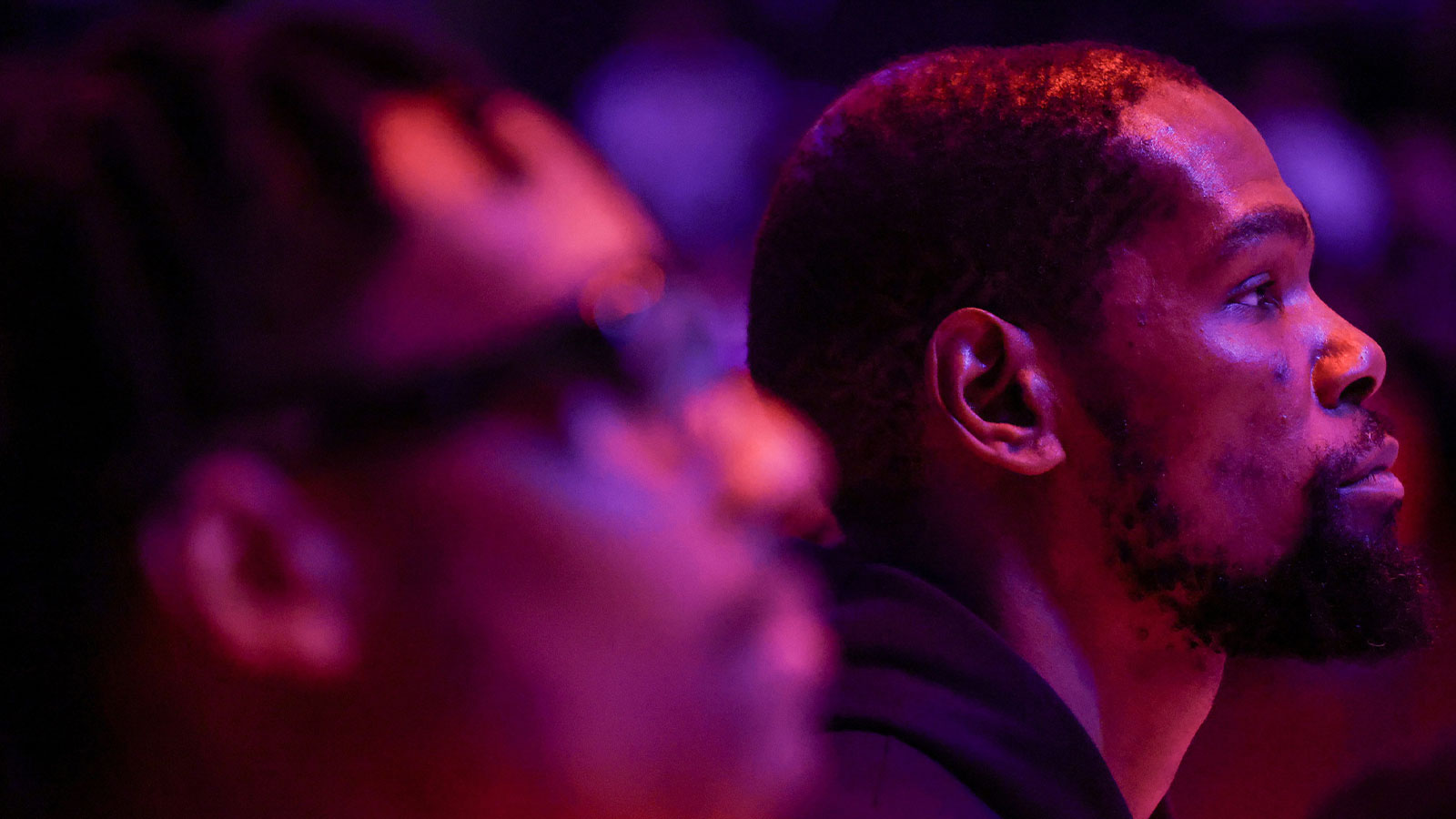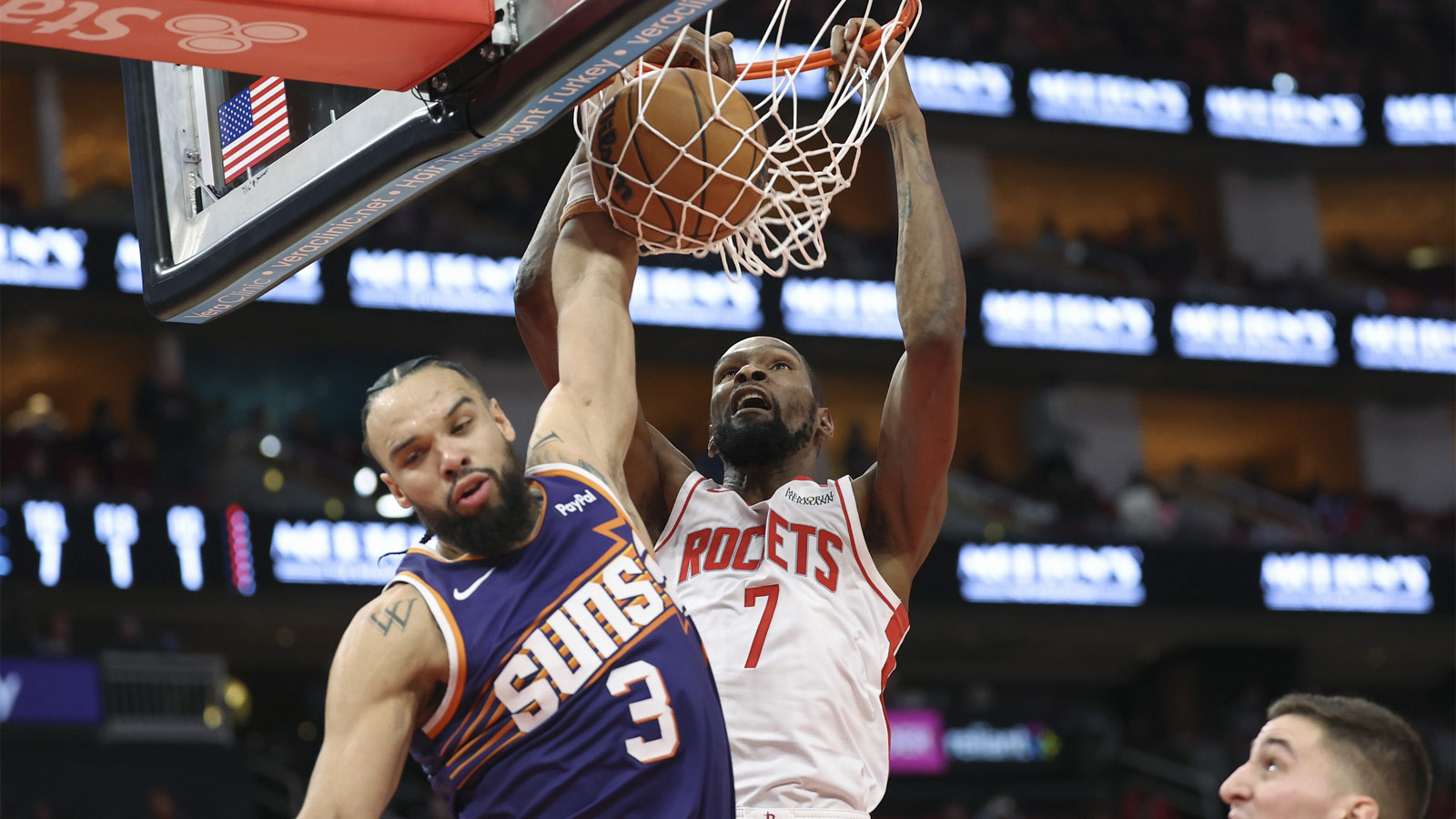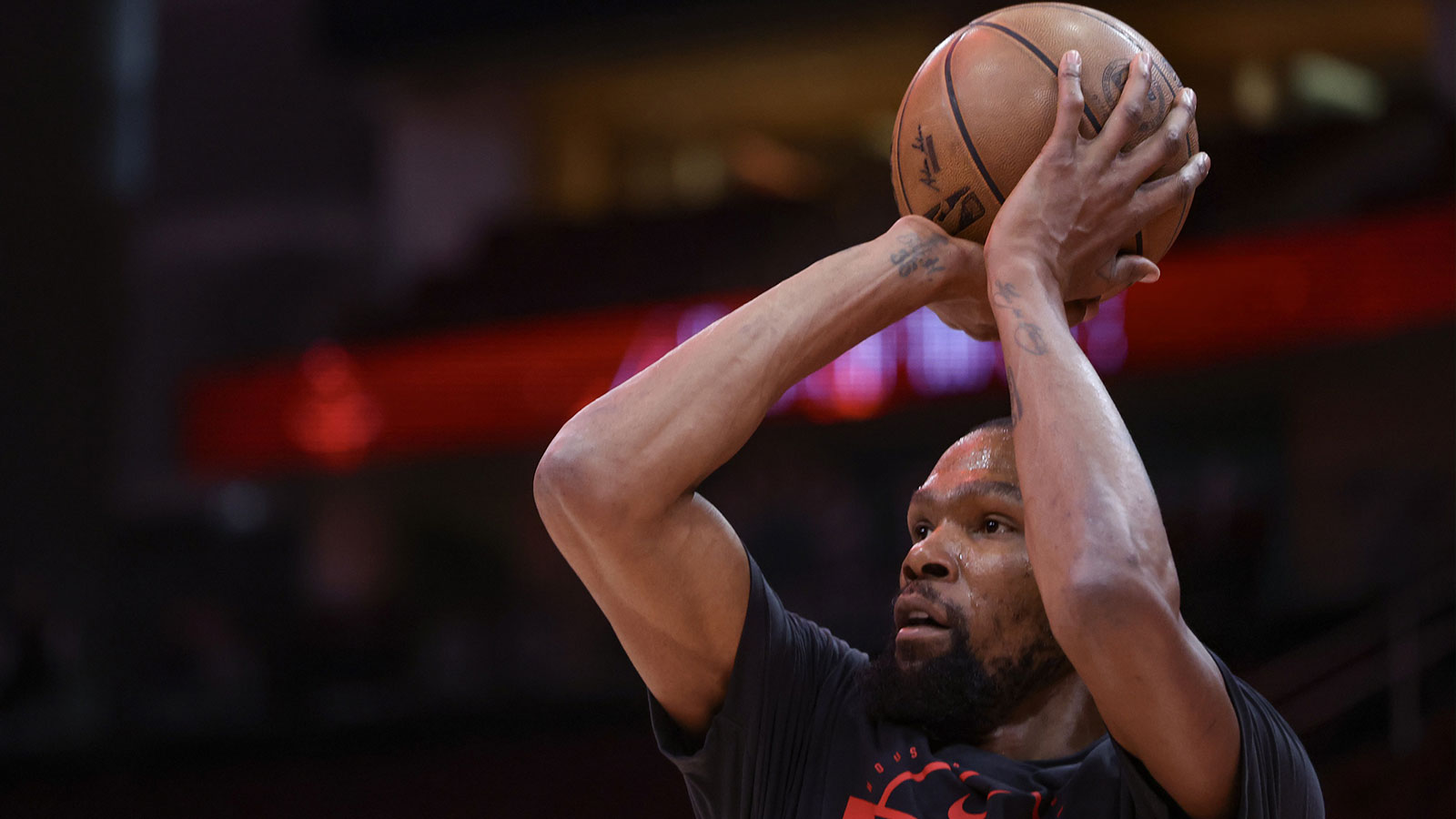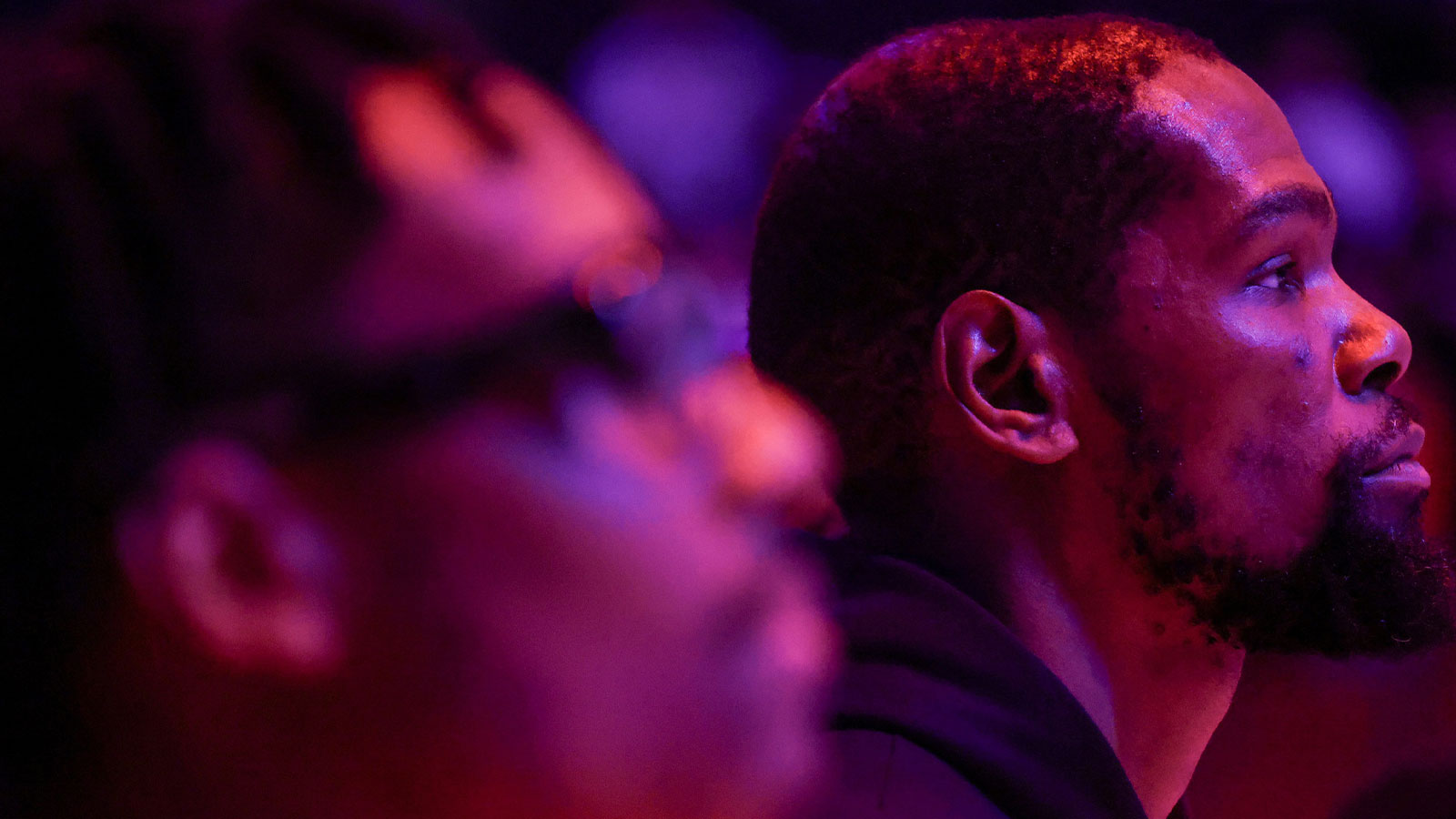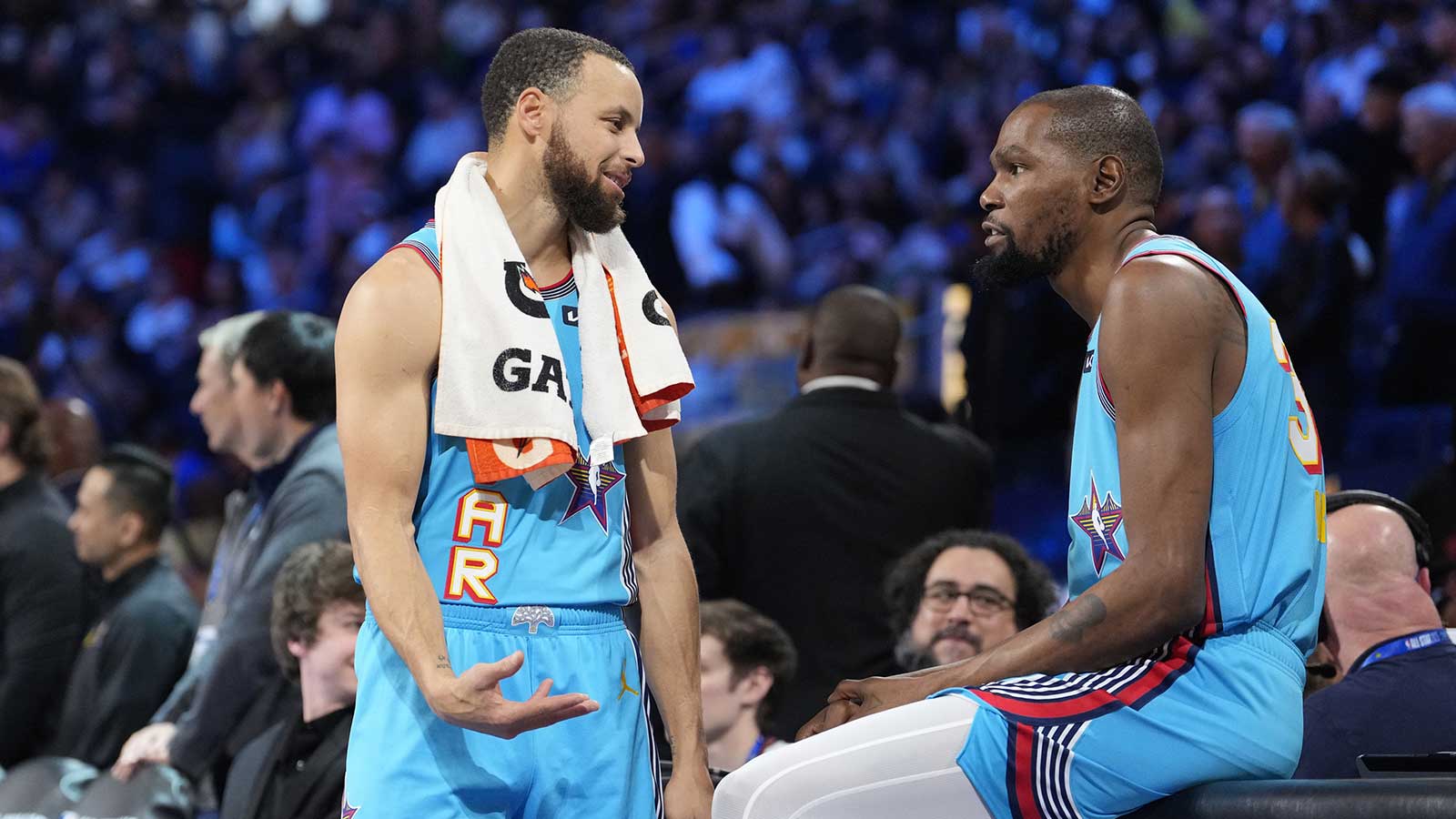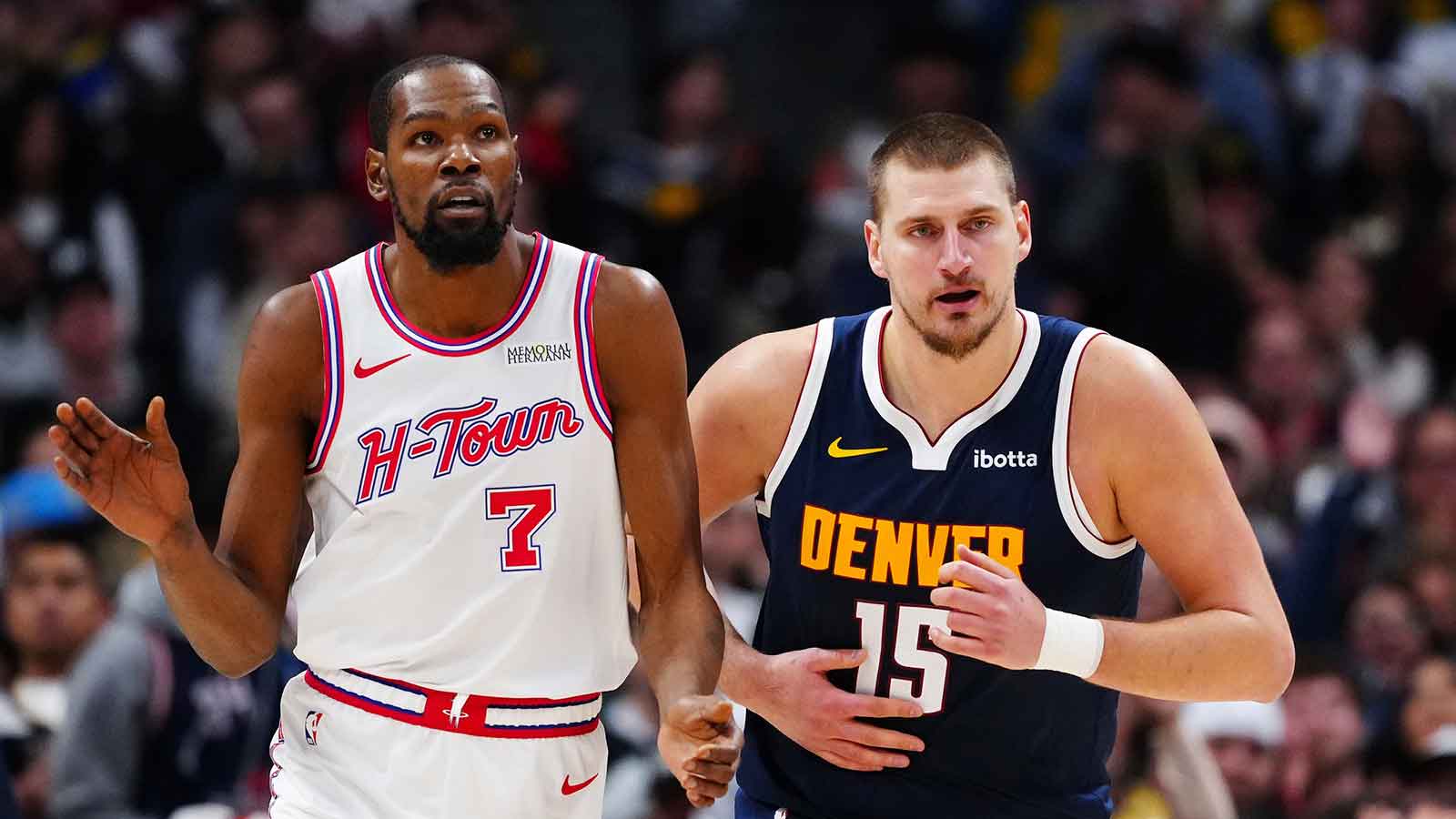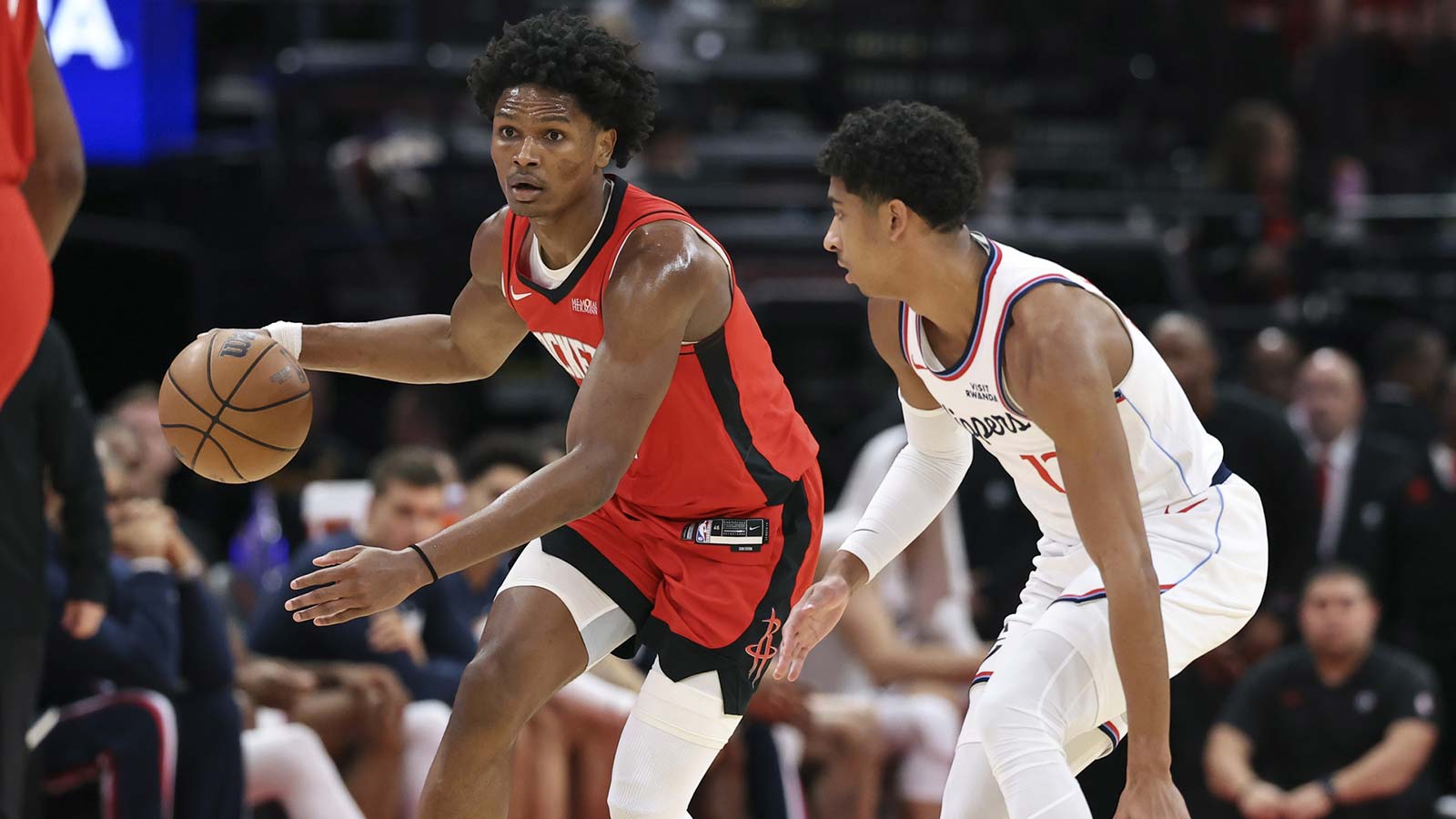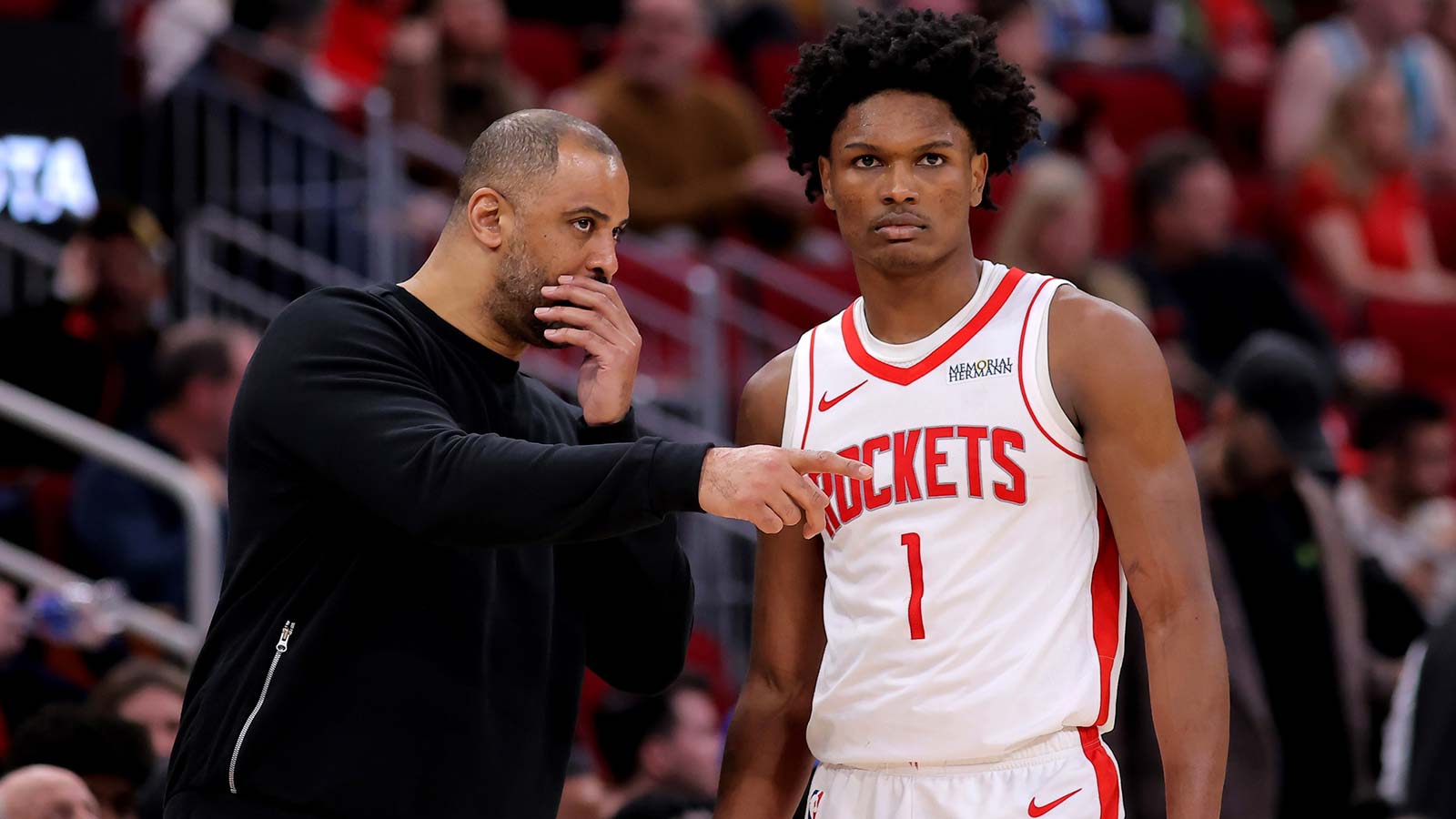The Houston Rockets entered the 2025 offseason as one of the league’s most intriguing contenders. After two years of steady progress under Ime Udoka and a rapid rebuild built around young talent like Jalen Green, Alperen Şengün, and Amen Thompson, the Rockets shifted into win-now mode. Their crown jewel acquisition this summer was Kevin Durant, a bold swing at championship contention that signaled they were no longer satisfied with being a feel-good playoff story.
Alongside the growth of their youth, the signing of Durant and a retooled roster were meant to position Houston at the top of the Western Conference hierarchy, shoulder-to-shoulder with the Denver Nuggets and the Oklahoma City Thunder.
But just as optimism reached its peak, disaster struck. Fred VanVleet, the veteran point guard who had been the stabilizing force for the Rockets’ rise over the past two years, tore his ACL in an offseason workout and now faces the prospect of missing the entire 2025-26 season. For Houston, the injury is not merely the loss of a starting point guard: it’s a seismic shift in their identity, rotations, and their ability to compete at the highest level in a loaded Western Conference.
The Rockets’ aspirations haven’t vanished overnight. Durant’s arrival, the versatility of Amen Thompson, and the offensive ceiling of Şengün still give Houston the kind of talent that can overwhelm opponents on any given night. But VanVleet’s absence forces the franchise to confront a new reality: their margin for error in a conference teeming with elite teams has shrunk dramatically. To fully understand what this means, it’s worth examining Houston’s standing both with VanVleet in the fold and without him.
The Rockets with Fred VanVleet: Stability, experience, and a path to the top
When VanVleet re-signed with Houston on a two-year, $50 million extension in June, it was a validation of the Rockets’ trajectory. His initial three-year deal in 2023 was seen as an aggressive overpay at the time, but his impact quickly made it worth every penny. In just two seasons, VanVleet transformed Houston from a directionless lottery team into a disciplined playoff contender. His leadership and ability to organize an offense provided the foundation upon which Udoka could build a system that blended young talent with defensive toughness.
With Fred VanVleet out for likely the whole season, who should be the new starter for the Rockets? pic.twitter.com/nMn5sLG7mC
— SleeperRockets (@SleeperRockets) September 23, 2025
With VanVleet, the Rockets knew exactly what they were getting: a hard-nosed defender, a willing shooter, and a battle-tested veteran who had been to the mountaintop before with the 2019 Toronto Raptors. While his 2024-25 regular-season scoring dipped to 14.1 points per game, the lowest since 2019, he reminded everyone of his value when it mattered most.
In the playoffs, he elevated his game to nearly 19 points a night, serving as a reliable secondary scorer behind Şengün and Green while knocking down timely shots and handling defensive assignments that relieved pressure from Houston’s young wings.
His presence also anchored the Rockets in another key way: accountability. Young teams often struggle to maintain discipline, particularly in close games, but VanVleet’s voice in the locker room and his ability to steady possessions on the court kept Houston from unraveling. It was not a coincidence that the Rockets went from 22 wins in 2022-23 to 41 the following year and then from 41 to 52 last season. VanVleet gave Houston something they had been missing for years: a legitimate floor general.
The Rockets without Fred VanVleet: A fragile contender facing uncertainty
Now, with VanVleet sidelined, Houston enters a season where their aspirations feel both tantalizing and precarious. On paper, they still boast one of the most talented rosters in the West. Durant remains a transcendent offensive weapon, Şengün continues to grow into one of the most versatile big men in the league, and Amen Thompson has the physical gifts to become a star. But the absence of VanVleet exposes a series of questions that the Rockets must answer quickly if they hope to remain among the elite.
Just in: Houston Rockets' Fred VanVleet has suffered a torn ACL, sources tell ESPN. A devastating, potentially season-ending loss for the Rockets with their starting point guard and leader. pic.twitter.com/Qhf0V58DwR
— Shams Charania (@ShamsCharania) September 22, 2025
First and foremost, the point guard position is now unsettled. Reed Sheppard suddenly finds himself thrust into a larger role than anyone envisioned this soon. Sheppard has the IQ and shooting ability to thrive in spurts, but asking a second-year player to quarterback a contender in the Western Conference is an enormous burden. Aaron Holiday, a solid backup, cannot realistically fill the void VanVleet leaves. That places even more weight on Amen Thompson, who now becomes the de facto lead ball handler.
While Thompson’s development curve is exciting, his defense, playmaking, and athleticism have already turned heads; his lack of a reliable jumper means defenses can sag off him in playoff settings, potentially limiting Houston’s offensive ceiling.
The Western Conference offers no breathing room. Denver, led by Nikola Jokić, remains the benchmark. Oklahoma City, with Shai Gilgeous-Alexander, Jalen Williams, and Chet Holmgren, continues to ascend and may soon control the conference outright. Teams like Minnesota, Phoenix, and even a retooled Clippers cannot be dismissed. With VanVleet, the Rockets had a claim to being on the same tier as Denver and OKC. Without him, they could slip to the second tier, battling for seeding rather than gunning for the No. 1 spot.
There is also the financial wrinkle. As ESPN’s Bobby Marks noted, Houston is just $1.25 million below the first apron, which severely limits their flexibility to make roster moves. They cannot simply sign a veteran free agent to patch the gap, meaning any reinforcement must come via trade, a risky proposition given how much they’ve already committed to Durant and their existing core. Even if a trade is pursued, replicating VanVleet’s unique blend of experience, defensive grit, and shot-making will be difficult.
In the end, the Rockets are left straddling two realities. On one hand, they still have Durant, Şengün, and a roster that has proven it can win 50-plus games. On the other hand, the loss of VanVleet may strip them of the poise and stability that allowed them to punch above their youth and inexperience. Their ceiling remains championship-caliber, but their floor has lowered dramatically.
A season that once promised to be Houston’s coronation as a Western Conference juggernaut may now be defined by uncertainty, improvisation, and the question of whether their young stars can accelerate their growth to compensate for the absence of their steady veteran leader.
Where will the Rockets be in the West?
Fred VanVleet’s torn ACL is more than just a setback for the Houston Rockets; it’s a potential redefinition of their season. With him, they were poised to battle Denver and Oklahoma City for the conference’s top spot, armed with veteran leadership, championship experience, and a newly acquired superstar in Durant.
Without him, they face the prospect of relying heavily on unproven guards and hoping that their young core can accelerate its development against the league’s most battle-tested teams.
The Rockets’ place in the Western Conference hierarchy is still strong, but it is no longer unshakable. Instead of marching confidently toward contention, they now must navigate a season filled with questions. Whether those questions become opportunities for growth or stumbling blocks on the path to relevance will define Houston’s 2025-26 campaign.

